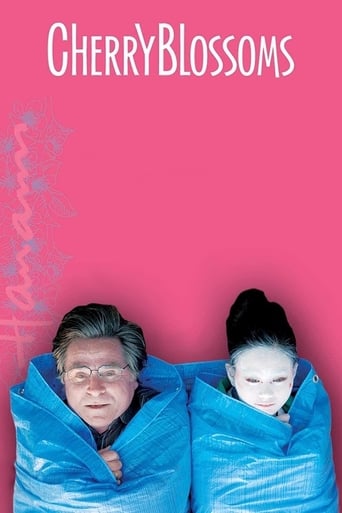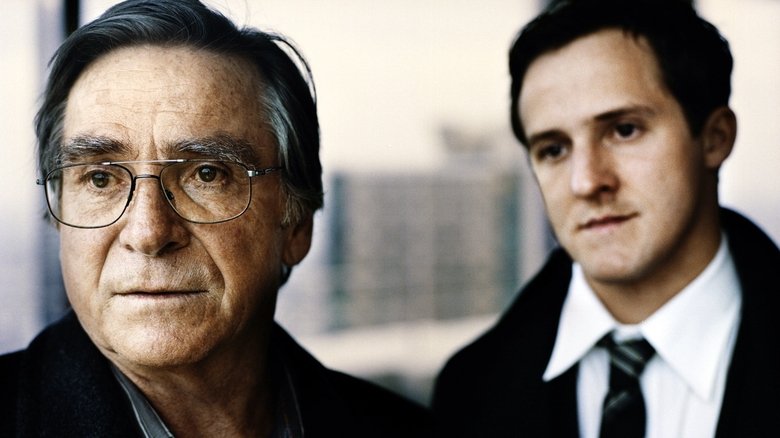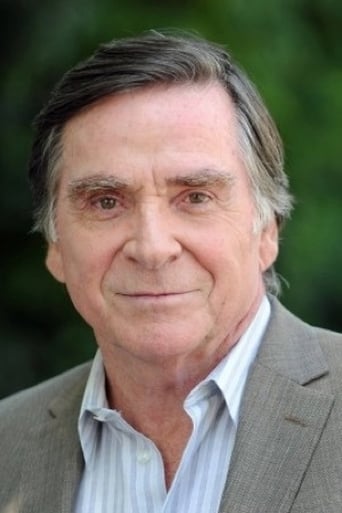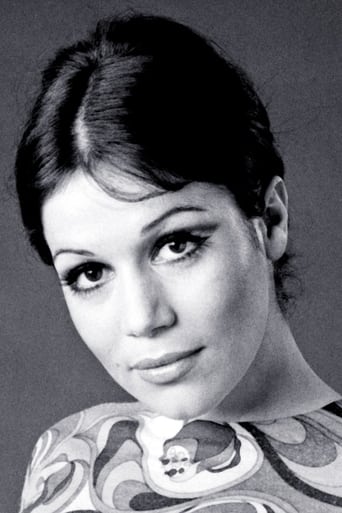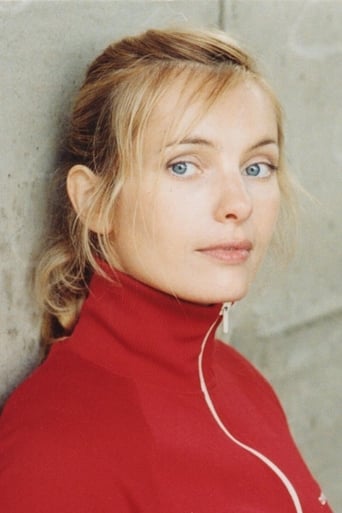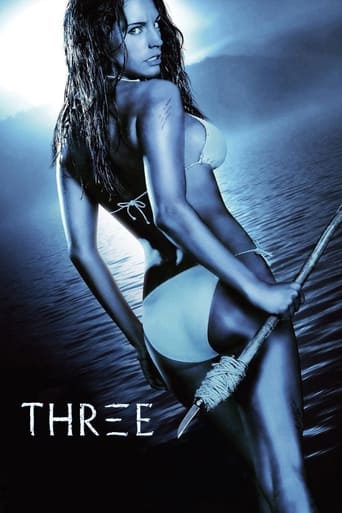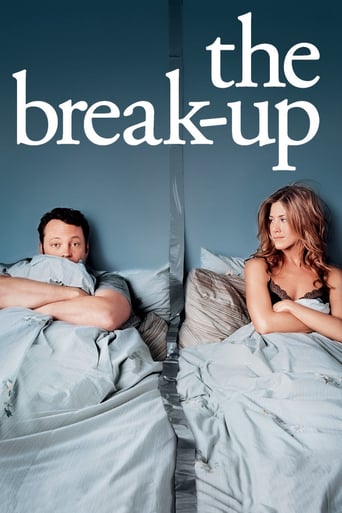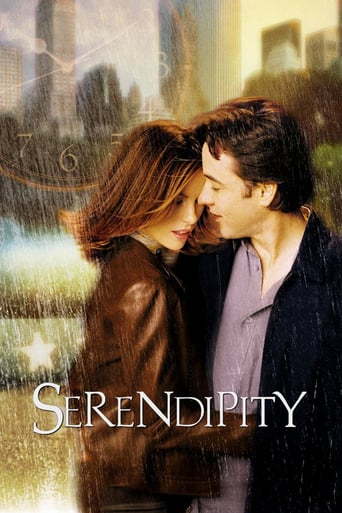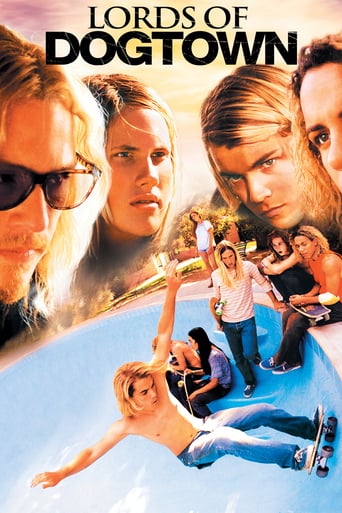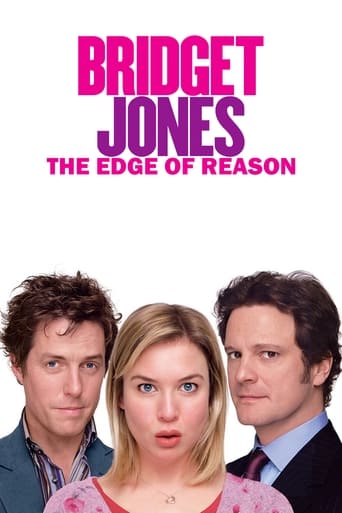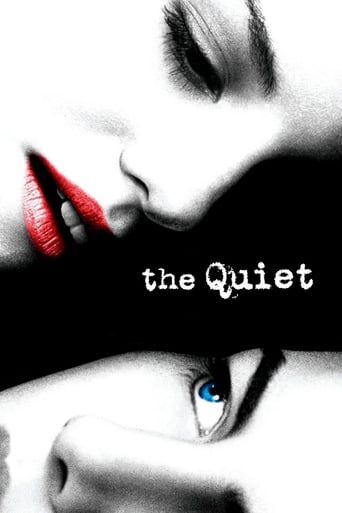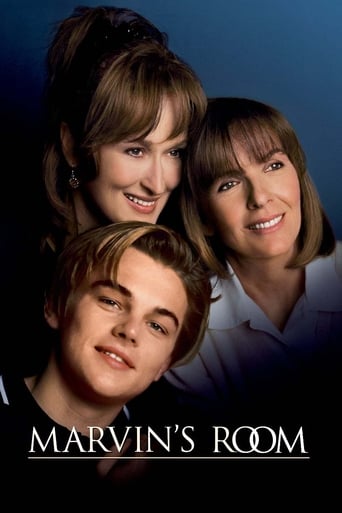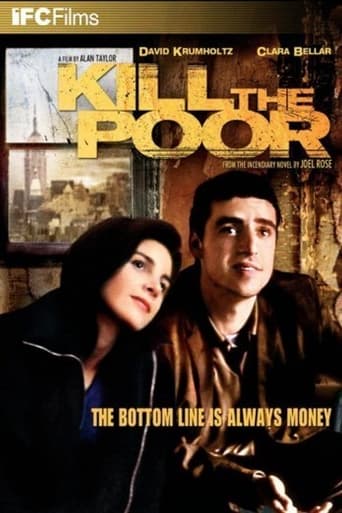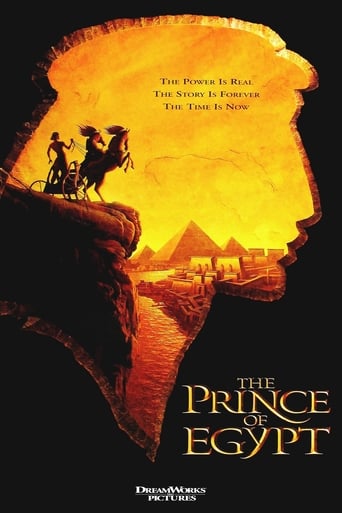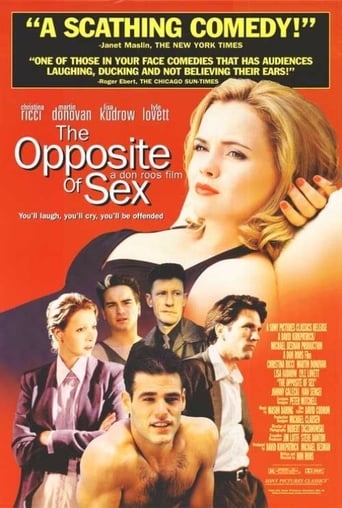Cherry Blossoms (2008)
After finding out that her husband, Rudi, has a fatal illness, Trudi Angermeier arranges a trip to Berlin so they can see their children. Of course, the kids don't know the real reason they're visiting -- and the catch is, neither does Rudi...
Watch Trailer
Cast


Similar titles
Reviews
Great Film overall
The film creates a perfect balance between action and depth of basic needs, in the midst of an infertile atmosphere.
Unshakable, witty and deeply felt, the film will be paying emotional dividends for a long, long time.
It's funny, it's tense, it features two great performances from two actors and the director expertly creates a web of odd tension where you actually don't know what is happening for the majority of the run time.
In Japan, cherry blossoms are symbolic of the transient nature of life, requiring only one week to bloom and then fall. In Cherry Blossoms, the Ozu-like film by director Doris Dorrie, a practicing Zen Buddhist, is a rare film about a subject that Hollywood usually avoids, aging and death. Despite a few one-dimensional characterizations, it is a charming and often moving work that has a feeling for the silences, the places within us that we have suppressed, but which are always just beneath the surface. A long-time married couple Rudi Angermeier (Elmar Wepper) and his wife Trudi (Hannelore Elsner), live in a small German town. Rudi is tied to a routine.Each day, he takes the same train to his job as a civil servant, eats a sandwich and an apple at the same hour, and rarely attempts anything new or adventurous. On the other hand, Trudi has never stopped dreaming, longing to go to Japan to become a Butoh dancer. When Rudi is diagnosed with a terminal illness, Trudi is unable to bring herself to tell Rudi the truth. She instead suggests that it would be a good time for them to travel to Berlin to see their children, Klaus (Felix Eitner) who is married with two children, and their lesbian daughter Karolin (Birgit Minichmayr) who lives with her partner Franzi (Nadja Uhl). Things do not go well, however.Mirroring the clash of generations in Ozu's Tokyo Story, the children are indifferent, making it clear that they do not have time to spend with their parents and seeming to regard their visit as an intrusion. Only Franzi makes the parents feel as if they are appreciated, taking them on sightseeing trips around the city. Shockingly, Trudi dies suddenly during a visit to the beach near the Baltic Sea, and a confused and lonely Rudi decides to visit their youngest son Karl (Maximilian Brueckner) in Tokyo, seeking to be close to his wife in spirit by fulfilling her dream of going to Japan.He arrives during the time of the cherry blossoms where the view of the white Sakura blossoms surrounded by views of mountains and water is stunning. It is here that each spring, in the ritual known as Hanami, Japanese sit under the blossoming trees to celebrate the lives of those close to them who have passed away. Unfortunately, the journey is marred by Karl's coldness towards his father who, he believes, has had little interest in his life. Feeling sad and rejected, in the park one day, Rudi meets Yu (Aya Irizuki), an eighteen-year-old homeless street artist performing Butoh, a dance expressing intense emotions through slow, controlled, and sometimes distorted movements, often performed in white body makeup and painted face.Drawn to each other, their innocent communion leads them to Mount Fuji – Rudi's wife's dream. As Rudi symbolically becomes both himself and his wife, they celebrate and mourn their own love and loss. Cherry Blossoms suggests that we often prevent our true self from fully expressing itself, either to ourselves or each other, "to blossom like the cherry tree." For Rudi, after a lifetime of suppression, the day came, as author Anais Nin put it, "when the risk to remain tight in the bud was more painful than the risk it took to blossom."
This is the film Sofia Coppola could only dream of making, a far more sophisticated and sensitive LOST IN TRANSLATION. Dorie's visual cues play out beautifully throughout her film as the narrative unfolds. Her dedication toward representing the Japanese in a much more respectful and flattering light allows her character transcend cultural barriers and lose himself in the beauty of Japan. At first, one would question yet another film where a man goes to an adult bar in Tokyo, but outside all of the "strangeness" he initially perceives, the film ends up taking an intelligent and poetic turn. What at first seems to be more like TOKYO STORY builds into a meditation on mourning and transformation. Cultural differences provide an opportunity for finding understanding, something Coppola completely seemed to be incapable of. The young Japanese dancer in the film is charming. Through her, this encounter becomes more than a fling through the city, but an opportunity to come to terms with life and death.
this was a very unexpected surprise tonight on Sunday night TV here on SBS Australia. I started watching it knowing nothing about it, but liking the quiet observational style. At the first ad-break I checked the IMDb rating, and decided it must be worth watching. Well it certainly was. Beautifully gentle and sad as well. This movie had it all - the beautiful Bavarian countryside, then a bit of Berlin with the somewhat uncomfortable children having to put up with the sudden visit of their parents, for why (only the mother knew). Then to the Baltic Sea, where against all expectations mother leaves the film and father must continue on. Then against all his normal routine Dad goes off to visit 'favourite son' who works in Tokyo. As Tokyo is one of my favourite cities to visit this was wonderful to see the daily routine of the city on film. And yes homeless people do live under canvas in Ueno Park because I have seen them - I was quite shocked when I realised what all those blue tarpaulins/tents were for. The film ends in Hakone/Mt Fuji. And there was the only disappointing note in this beautifully observed film. Yes Mr Fuji-san is shy - (spoiler alert) but surely if he was dancing for/with his wife as her last wish he would be FACING Mt Fuji not away from it? (sad truth that the camera could not be in 2 places at once though). That minor point aside, I loved this. Not having been influenced by what others have written, I will now read some of them!(2nd time around - Aug.11) Happened to see (most of) this on TV again last without initially realising what it was, namely that I had already seen it. It was just as pleasing the second time around. It has such a gentle touch this movie and it is simply and emotionally charming in a distinctive way. Rudi does not have to say much at all for us to sympathise with his situation and the actor does this so well. The butoh girl is such an interesting and charming ingenue sort of contrast - the relationship with Rudi could have been somewhat creepy but it seems quite natural the way it develops. My own intersections with places in Tokyo/Hakone also give this film a personal resonance which heighten the experience of watching it.
I think it was for me a sublime movie experience. I tells about many things: lack of communication between generations, the passing of life and the necessity to cherish it while it lasts, the cultural differences and similarities between Germany and Japan. It also describes how we often do not know well even those closest to us. In the beginning the old couple seems so boring, one-sided and uninvolving, boy does it change as the film unravels. The film is very well written, directed and acted. Also one of the best, wholest descriptions of the current life in Japan I ever saw on celluloide. I loved the character of the young girl in Japan, her wonderful, delicate dignity in the face of the horrors of her lonely life. The man entered her life by coincidence and changed it for the better, maybe saving her from getting crazy or raped, or even killed.

